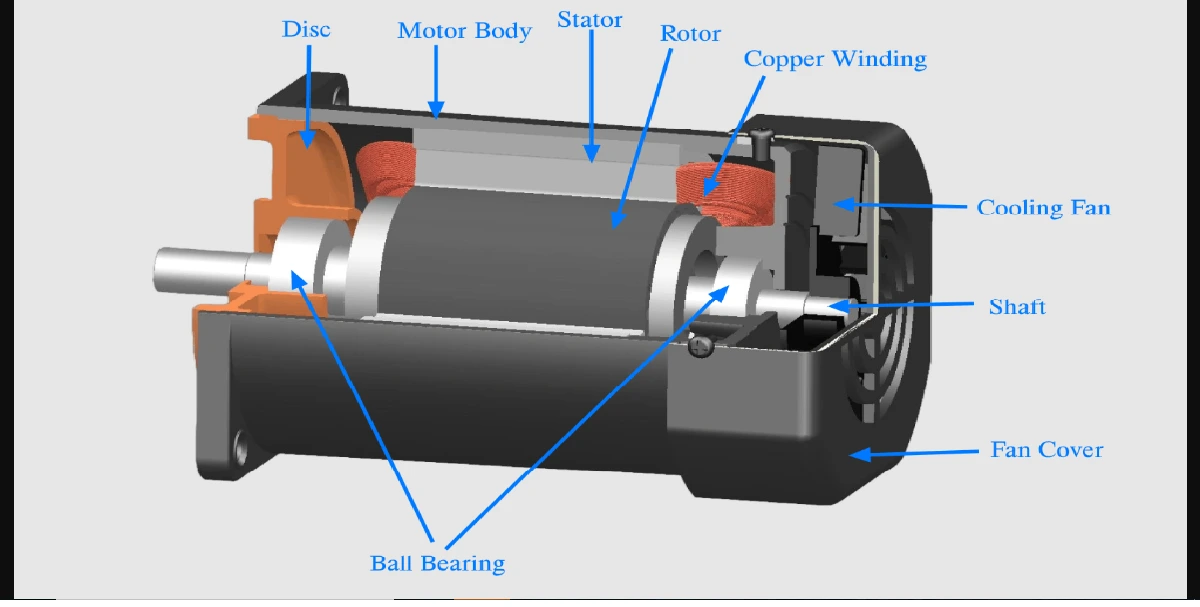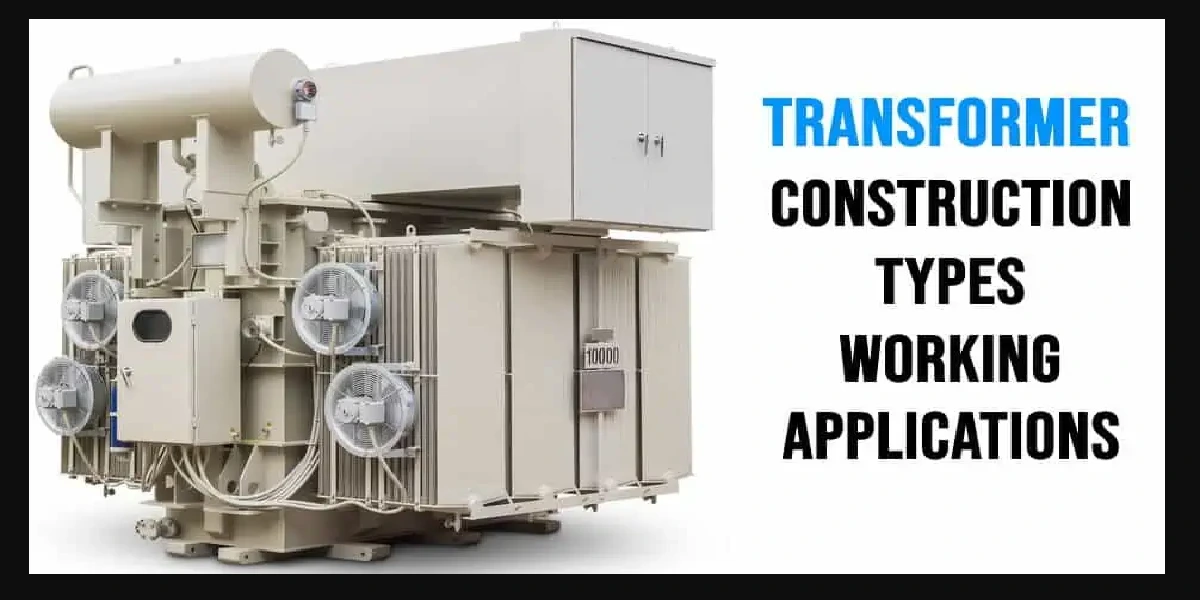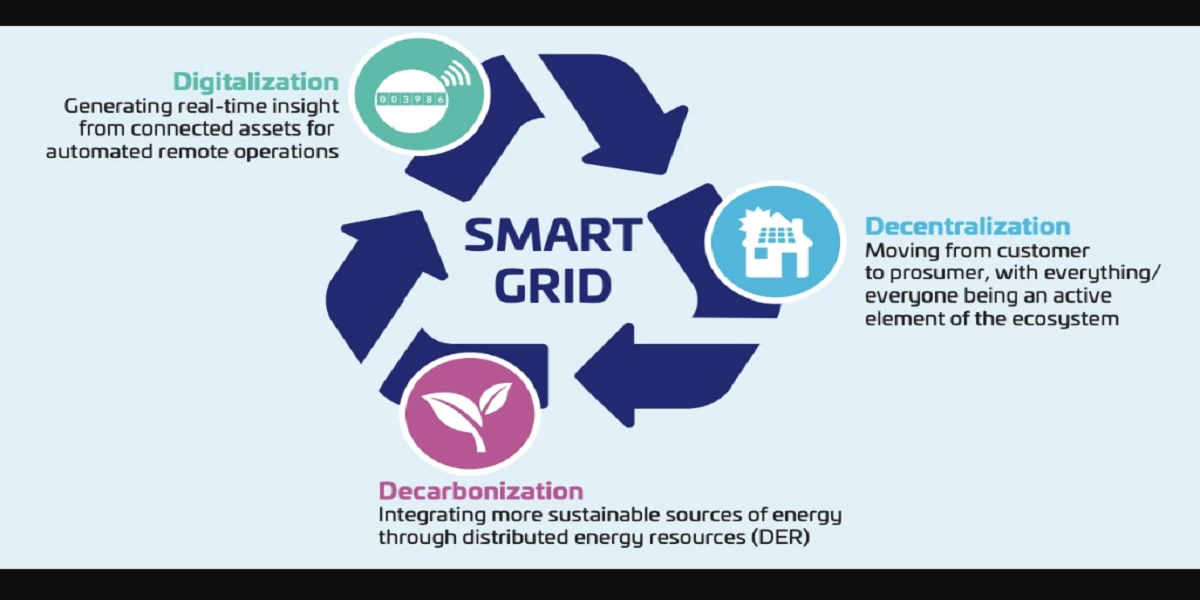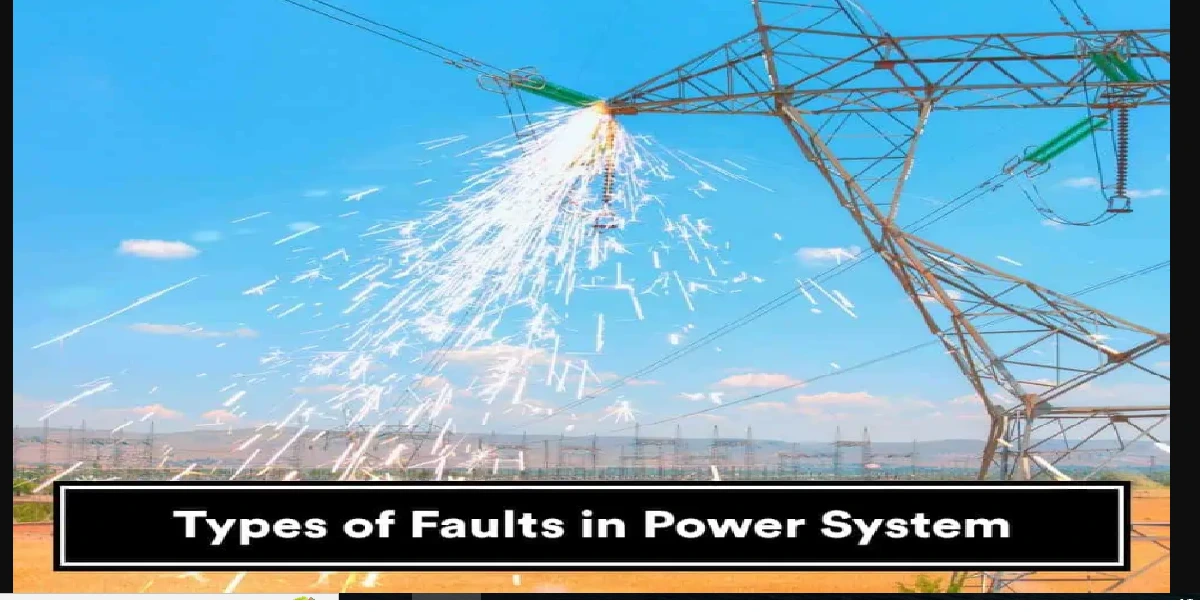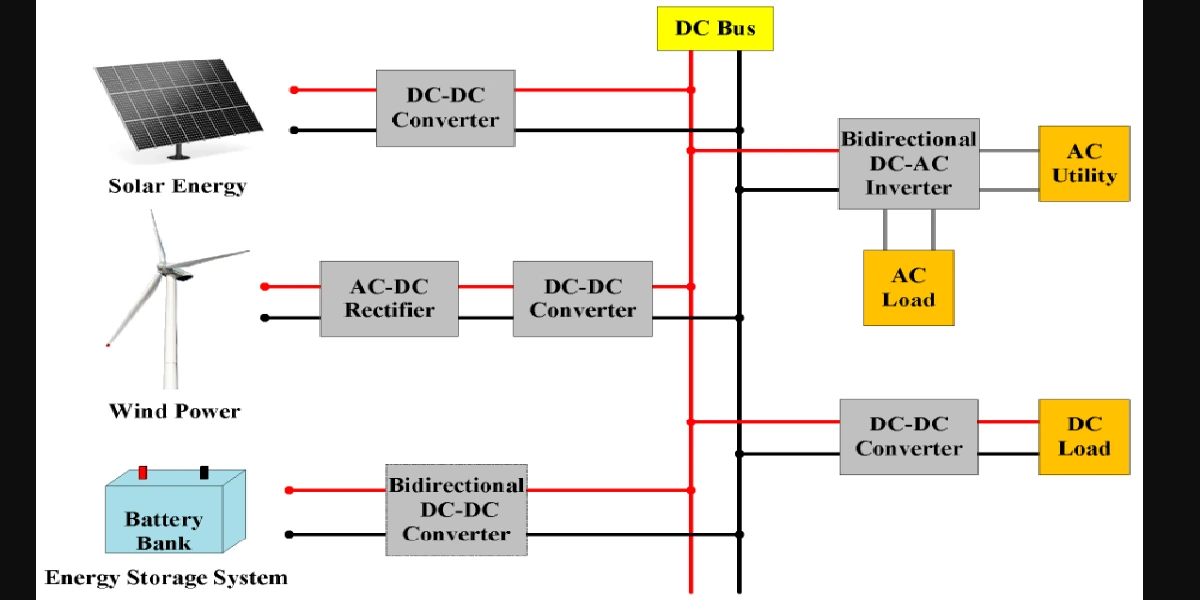Plasma etching is a very prominent method of removing materials from a wafer surface. Since the process does not involve wet chemicals, it is often referred to as dry etching. The etching is carried out in a specialized process equipment called the plasma etcher. A chamber with two opposing electrodes is filled with a chemically active gas species. The process pressure is typically rather low (perhaps 1/2000th of atmosphere pressure).
Inside the plasma etcher, gas species are broken up by the electric field, creating active gaseous radicals that are electrically charged. The radicals may react with the wafer chemically. Meanwhile, the charged radicals may be accelerated in the electrical field to high speed and interact with materials on the wafer physically (bombardment, sputtering).
Both physical and chemical processes may be present at the same time. In general, physical etching is more directional and anisotropic, whereas chemical etching is isotropic and material selective.
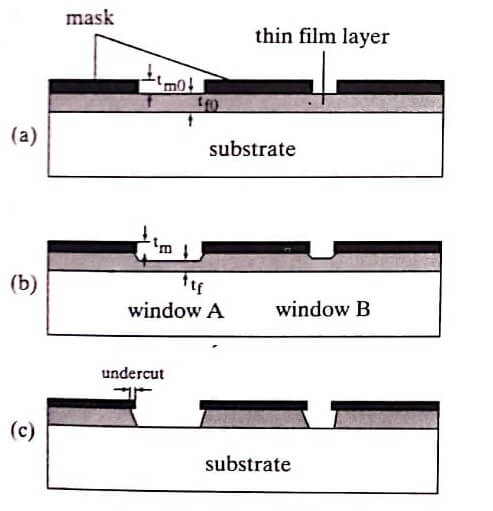
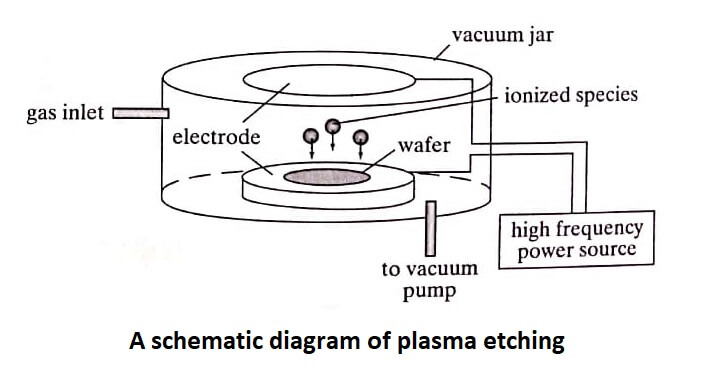
If the electrode holding the wafer is grounded, the etching is called plasma etching. If the wafer is fixed to an electrode on which AC bias is applied, the etching is called reactive ion etching Compared with plasma etching, reactive ion etching is more physical in nature and its etch rate distribution is more anisotropic. A deep reactive ion etching (DRIE) process is a special class of reactive ion etching, using special processing equipment, gas mixture, and recipe. The process is aimed at producing deep trenches with vertical, smooth sidewalls in silicon.
| Read More Topics |
| Duddell’s oscillograph element |
| Classification of analog instruments |
| Standards of mutual inductance |
| Primary source of electric power |
| Secondary standards of EMF |
